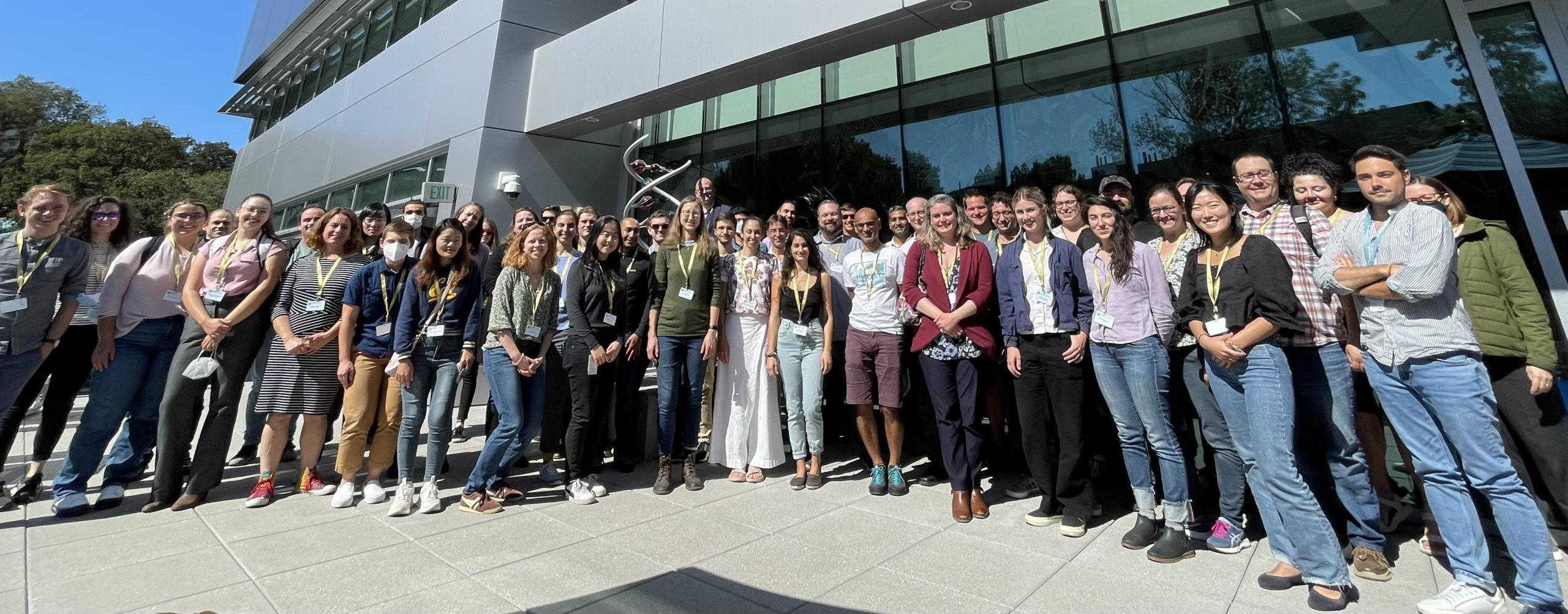Registration now open for VEGA 2024! November 12 & 13 in Berkeley, CA
Register here to attend in-person.
To participate via Zoom, please fill out the form here.
WATCH select videos from the 2022 Symposium.
VEGA (Viral EcoGenomics & Applications)
Hosted by the Joint Genome Institute (JGI) and co-organized with NIST, November 12-13, 2024, the goal of the VEGA symposium is to bring together a “Viral EcoGenomics” community to foster discussion on how to best capture and characterize uncultivated viruses, understand the role of viruses in natural ecosystems, and functionally explore viral genetic diversity toward innovative biotechnological and industrial applications.
All are welcomed to register and join this hybrid event – in person at the East Pauley, MLK Building, UC Berkeley Campus and virtually through Zoom.
Onsite attendee registration fees:
- Student $200
- Regular $300
Agenda and Speakers
Final Agenda and Speaker list will be uploaded soon!
Go here to see the full VEGA 2024 agenda.
Keynote Speakers
- Mya Breitbart, USF College of Marine Science
- Chase Morgan, UC San Diego
- Britt Koskella, UC Berkeley
Other Confirmed Speakers
- Ishi Keenum, Michigan Technological University
- Martial Marbouty, Institut Pasteur
- Ken Stedman, Portland State University
- Luke Hillary, UC Davis
- Samuel Díaz-Muñoz, UC Davis
- Adrienne Correa, UC Berkeley
- Libusha Kelly, Albert Einstein College of Medicine
JGI Organizers
Simon Roux, Jonelle Basso, Maureen Berg, Antonio Camargo, Frederik Schulz, Emiley Eloe-Fadrosh
External Co-Organizers
Joanne Emerson (UC Davis), Vivek Mutalik (LBNL), Stephanie Servetas (NIST), Devaki Bhaya (Stanford), Gary Trubl (LLNL), Scott Jackson (NIST)
Overview of the Symposium
The VEGA 2022 symposium aims to bring together a “viral ecogenomics” community to foster discussion on how to best capture and characterize uncultivated viruses, understand the role of viruses in natural ecosystems, and functionally explore viral genetic diversity toward innovative biotechnological and industrial applications. This year’s meeting will focus on experimental innovations, computational advances, and other technological developments that will enable researchers to functionally characterize novel viral diversity and investigate virus-virus and virus-host interactions in nature. The symposium will also include organized discussion sessions to gather input from the community on the most pressing challenges faced by researchers in the viral ecogenomics fields.
Participants will notably be invited to open discussions designed to shape the future design of IMG/VR (the database of uncultivated viral genomes) to maximize its usefulness for the different actors in the field (i.e. gene-centric experimental approaches, ecosystem models, host-based evolutionary analysis, etc), as well as frame a potential viral-focused calls for projects at the JGI.

